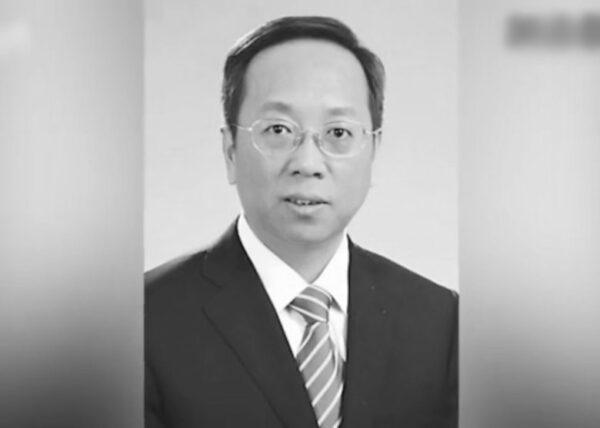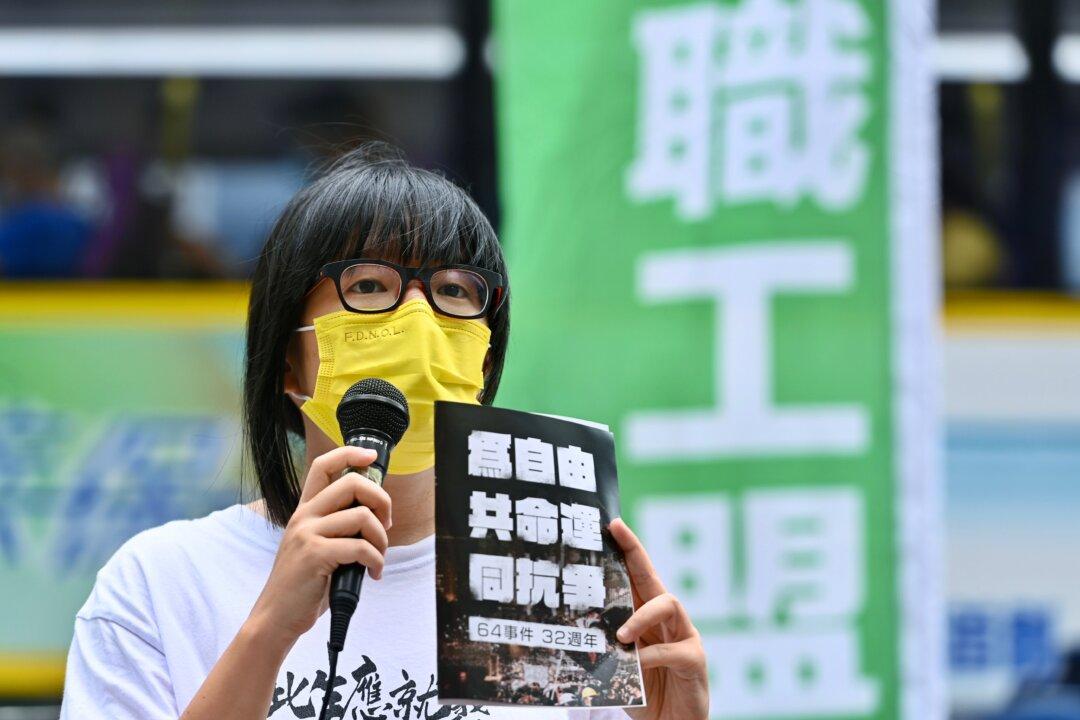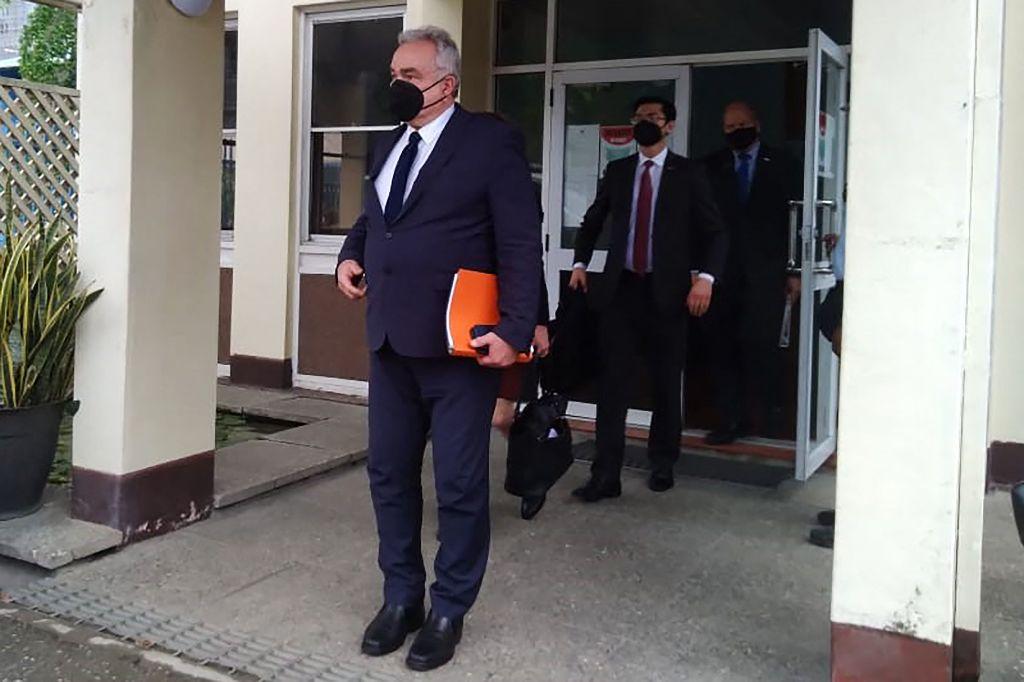Chinese authorities have yet to confirm whether Yang Xiaobo—the official in charge of Hubei Province’s Huangshi City between 2008 and 2014—died of the novel coronavirus that broke out in the province last December.
Yang, 57, succumbed to complications resulting from “severe pneumonia” on Jan. 28, according to local state-run media.
But Cao Shanshi, a well-known financial blogger and whistleblower, wrote on Twitter that Yang Xiaobo “was infected during the provincial Two Sessions. He developed symptoms after the Two Sessions and died only two days after diagnosis. This is the second case in Hubei Province of a department-level cadre who died of the new virus.”
According to official figures given by the Chinese regime, more than 6,000 people have been confirmed as being infected with the coronavirus in every Chinese province except Tibet. However, medical experts and insiders say the real number could be orders higher.
The “Two Sessions” is a Chinese term referring to parallel administrative meetings of the government and Communist Party held annually at various levels of government. In Hubei Province, the meetings were held this year between Jan. 11 and Jan. 17.

According to public records, Yang was born in 1963 and came from Tianmen City, Hubei Province. A graduate of Tianjin University, he had a master’s degree and had a background in civil engineering. He stands out as one of the many government officials who transitioned to top management of financial institutions following their retirement.
Yang became deputy secretary of the Huangshi municipal Chinese Communist Party (CCP) committee in December 2008. In February the next year, he became mayor of Huangshi and secretary of the CCP leading group. After he left office in December 2014, he became the chairman of the Wuhan-based Changjiang Property & Casualty Insurance Co., Ltd.
According to the company’s website, Yang Xiaobo’s last public appearance was on Dec. 17, 2019.
A Legacy of Persecution
Reports indicate that Yang Xiaobo played an active role in the campaign against Falun Gong, a Chinese spiritual practice banned by the CCP in 1999 and severely persecuted since.From 2008 to 2014, when Yang was the leading official in Huangshi, Minghui.org, a first-hand source for information about the persecution of Falun Gong, reported many cases of abuse committed by the local Party authorities against Falun Gong adherents.
According to the reports, the Huangshi Political and Legal Affairs Commission (PLAC), which was under Yang’s purview, flaunted the law in detaining or harassing Falun Gong practitioners, such as by ambushing them on their way to work, abducting practitioners’ children, or coercing neighborhood committee staff to gain access to their homes using various excuses.
The other official who died of pneumonia, Wang Xianliang, was former director of the Communist Party’s ethnic and religious affairs commission in Wuhan. Despite its name, the organization is notorious for its role in suppressing faith and twisting the culture of China’s minority groups to better suit communist ideology.
Chinese authorities have confirmed that the 62-year-old Wang had died of the Wuhan virus.




